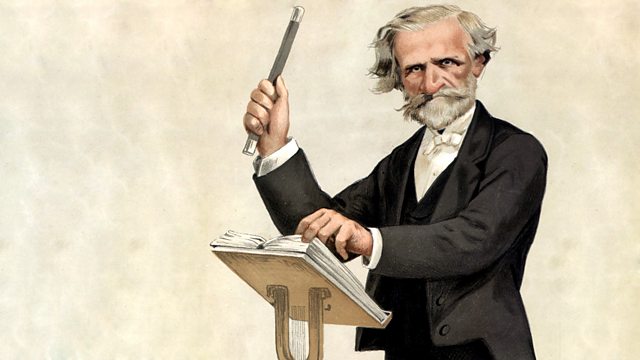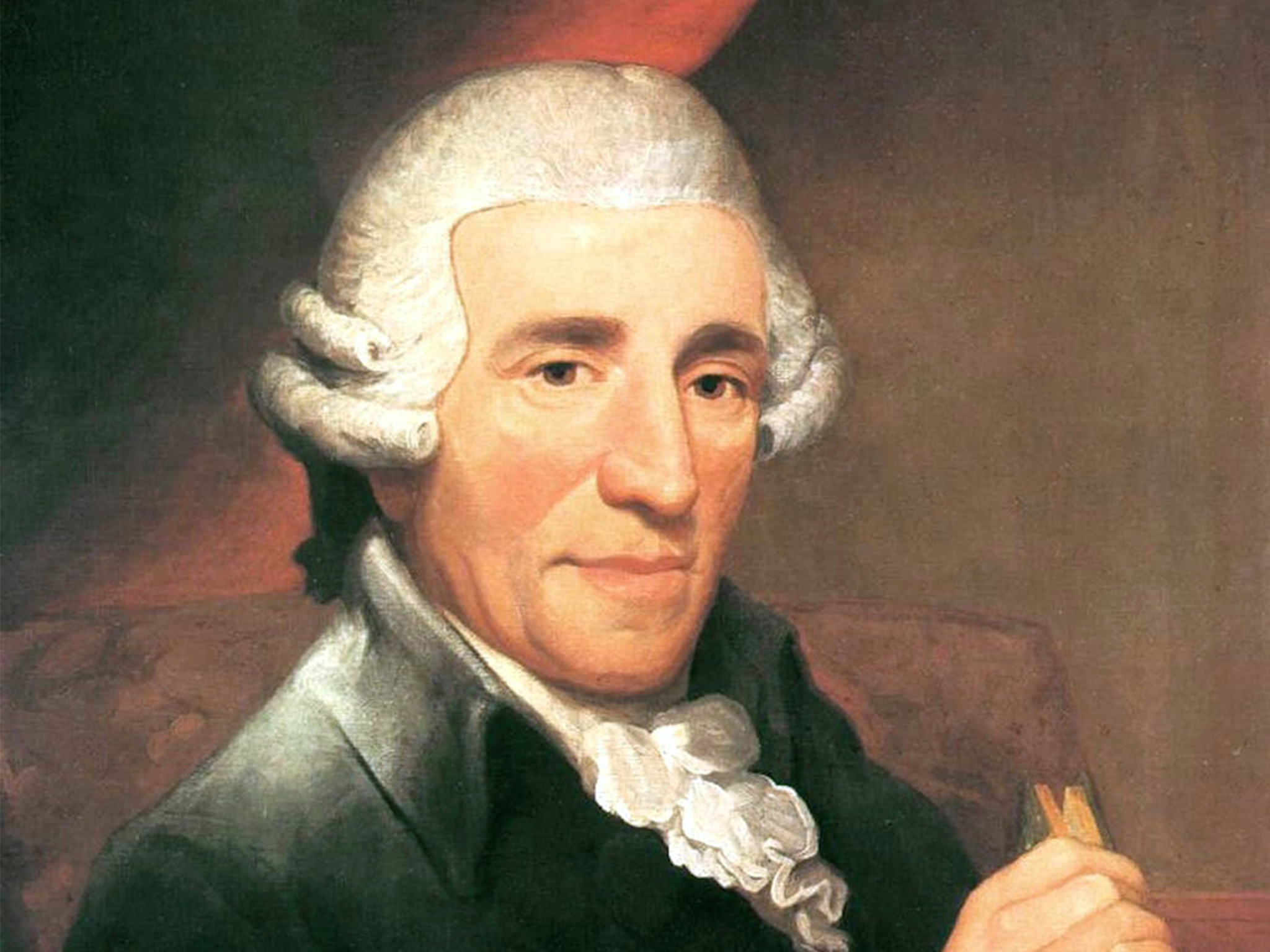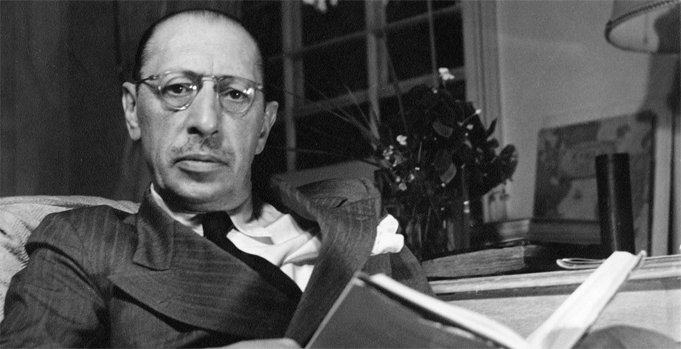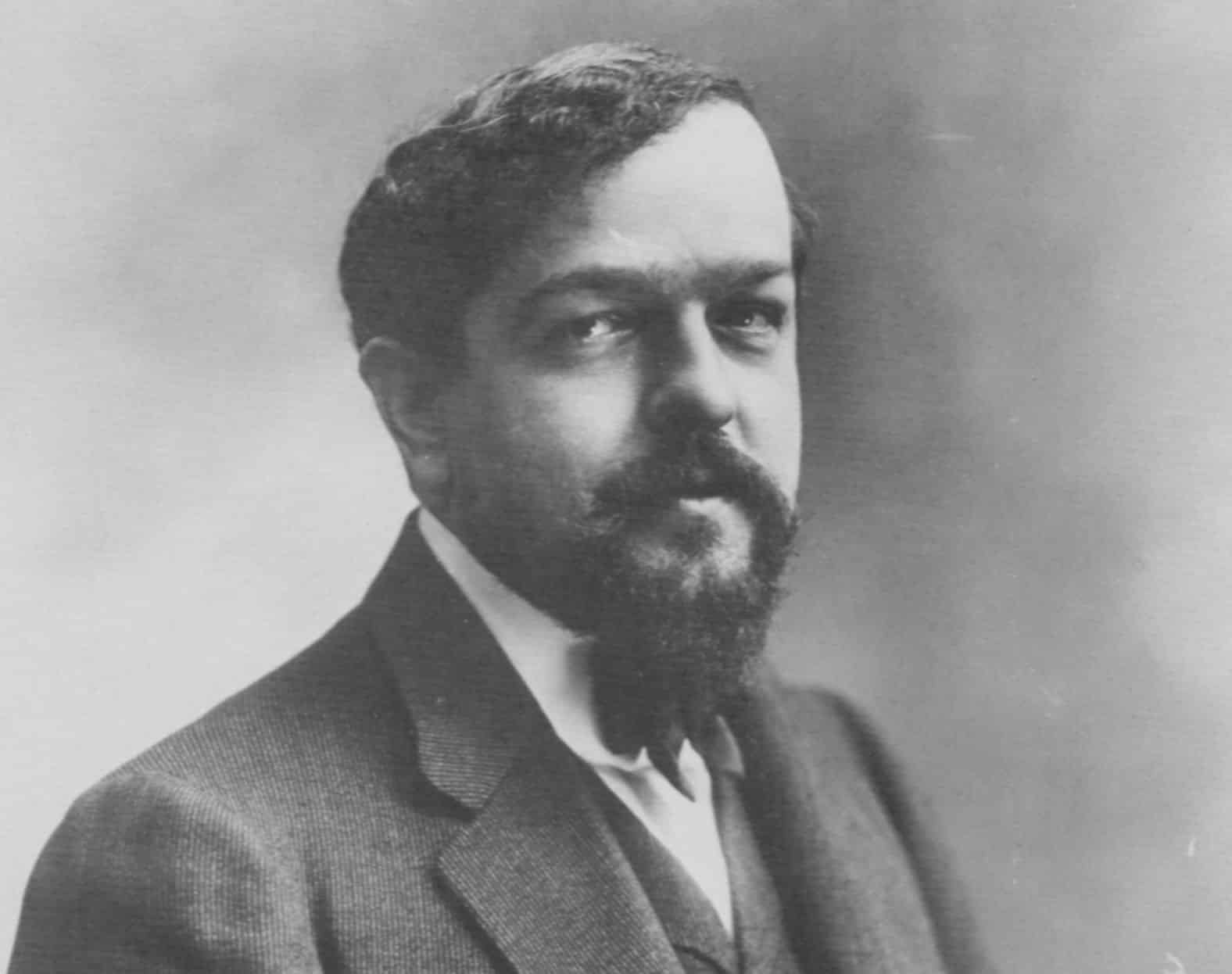About us
Enjoy the best content on classical and baroque music
Top Classical Music is a project whose objective is to spread the history of classical and baroque music.
Composers
Discover some of our articles
History of classical and baroque music, composer biographies, compositions and much more.
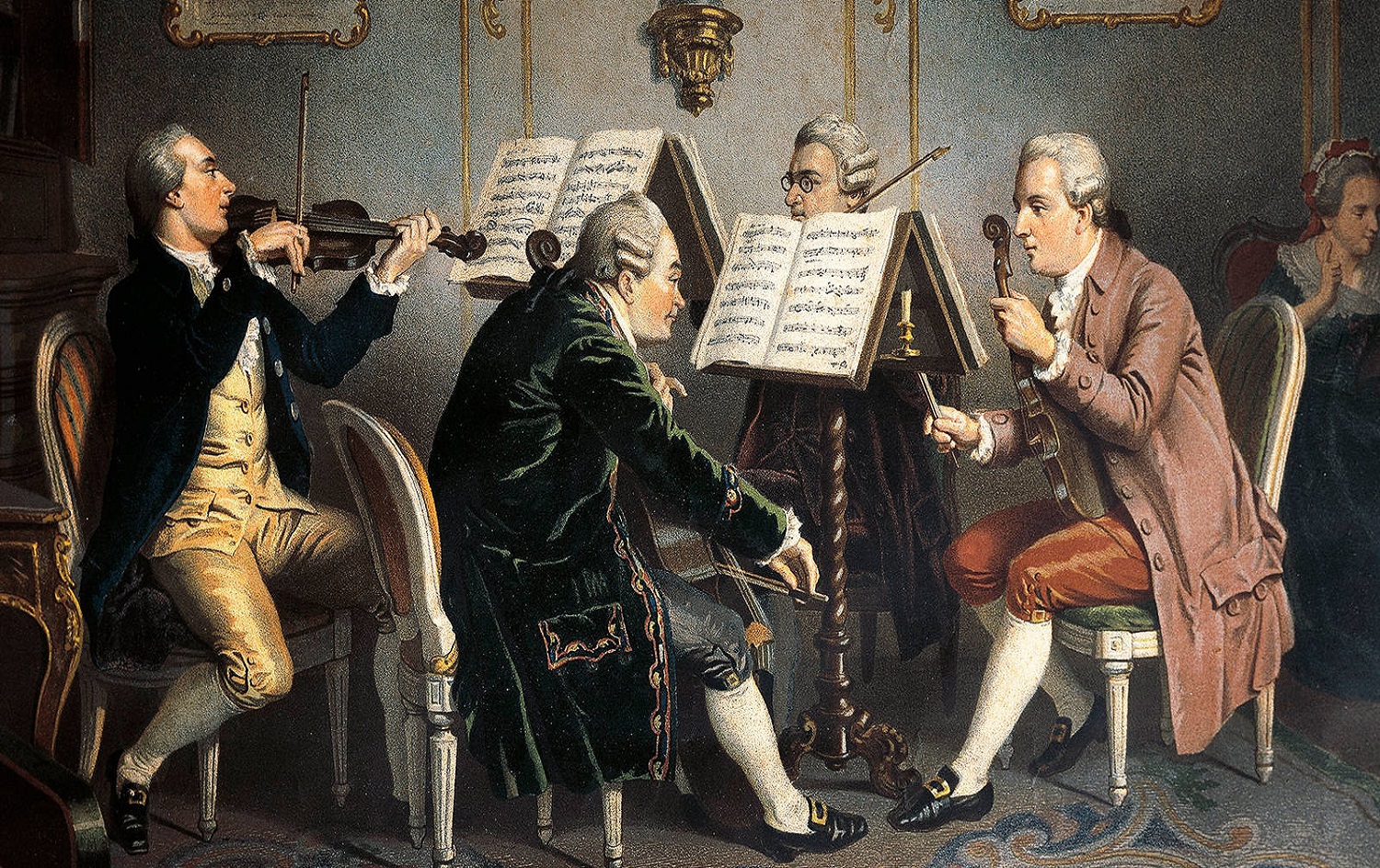
A brief history of classical music
The history of classical music is a fascinating and rich topic that spans centuries and continents. Classical music generally refers to the art music of the Western world, which has its roots in the ancient civilizations of Greece and Rome, and developed through various historical periods and styles.
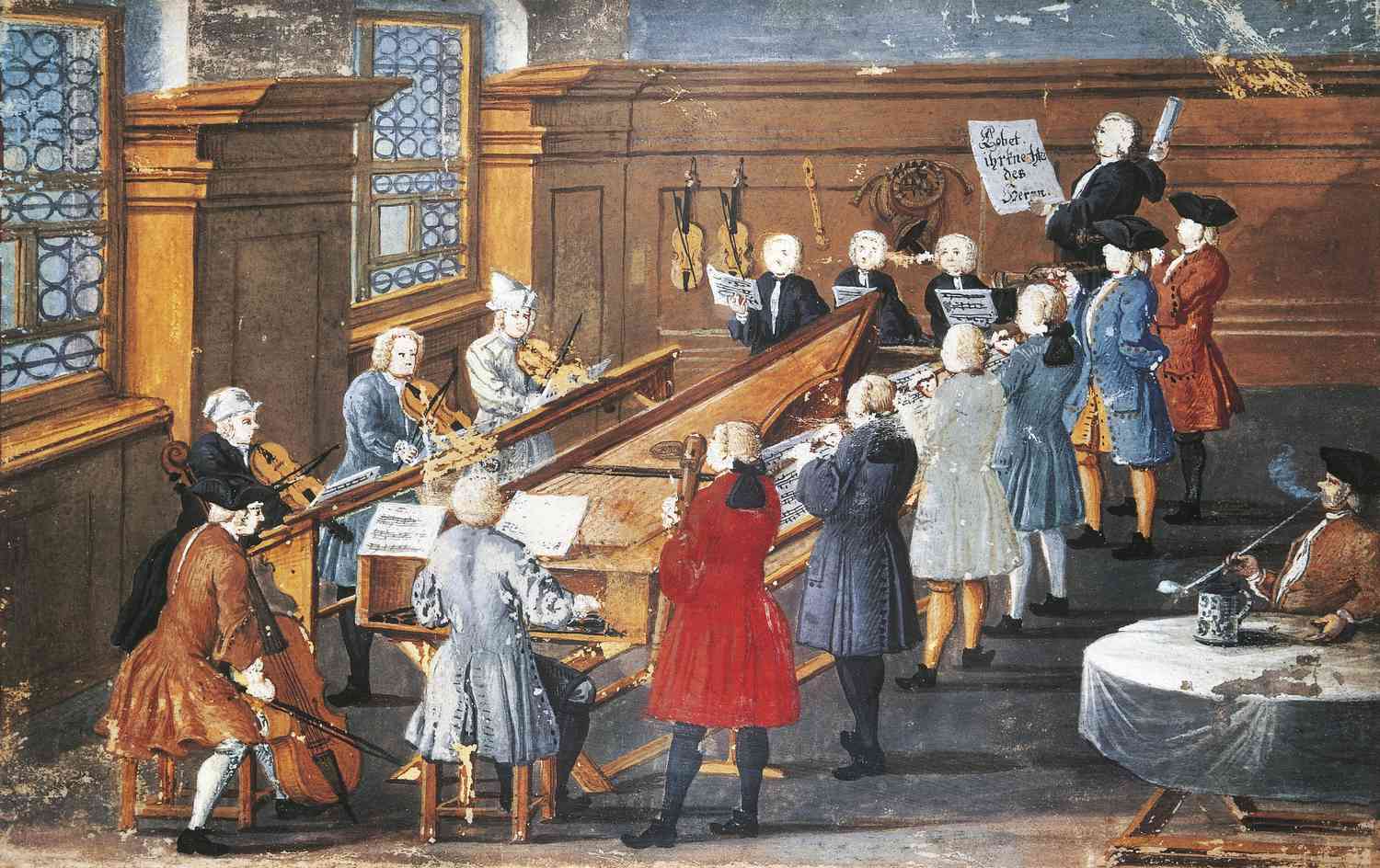
A brief history of baroque music
Baroque music is a style of music that flourished from about 1600 to 1750. It originated in Italy and spread throughout Europe, creating diverse national styles and forms. Baroque music is characterized by its grandiose, dramatic, and energetic spirit, as well as its use of contrast, ornamentation, and harmonic complexity.
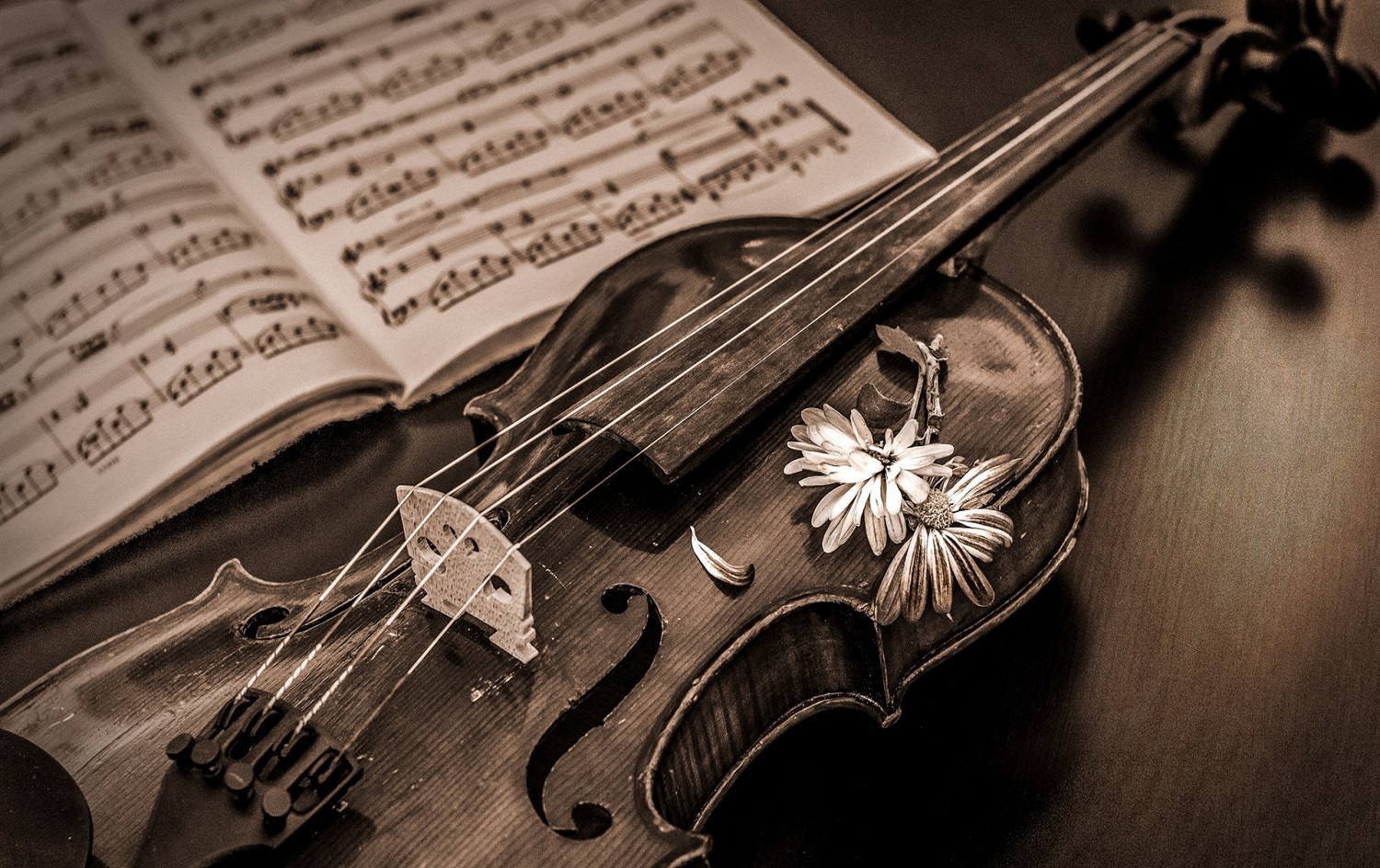
The Evolution of the Violin
The violin is a bowed stringed instrument that evolved from various earlier instruments, such as the vielle, rebec, and lira da braccio, in the Renaissance period. The violin is one of the most widely known and distributed musical instruments in the world, and has a distinctive tone and structure.

